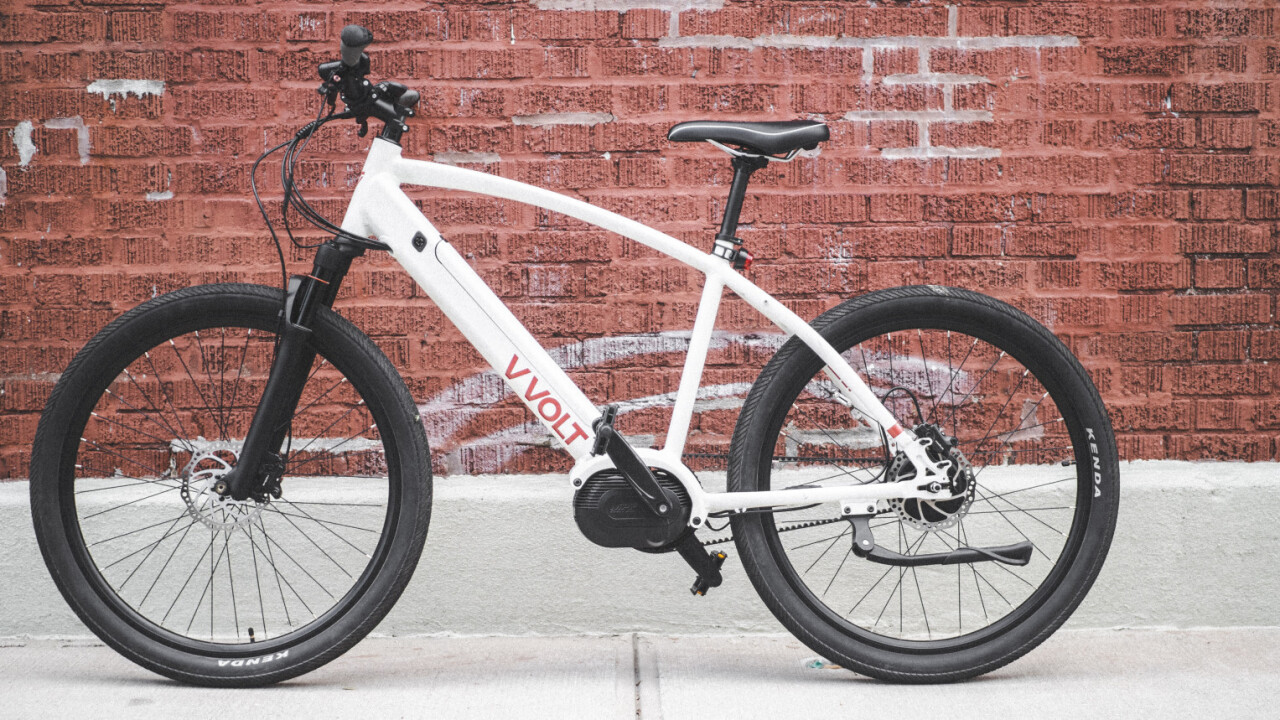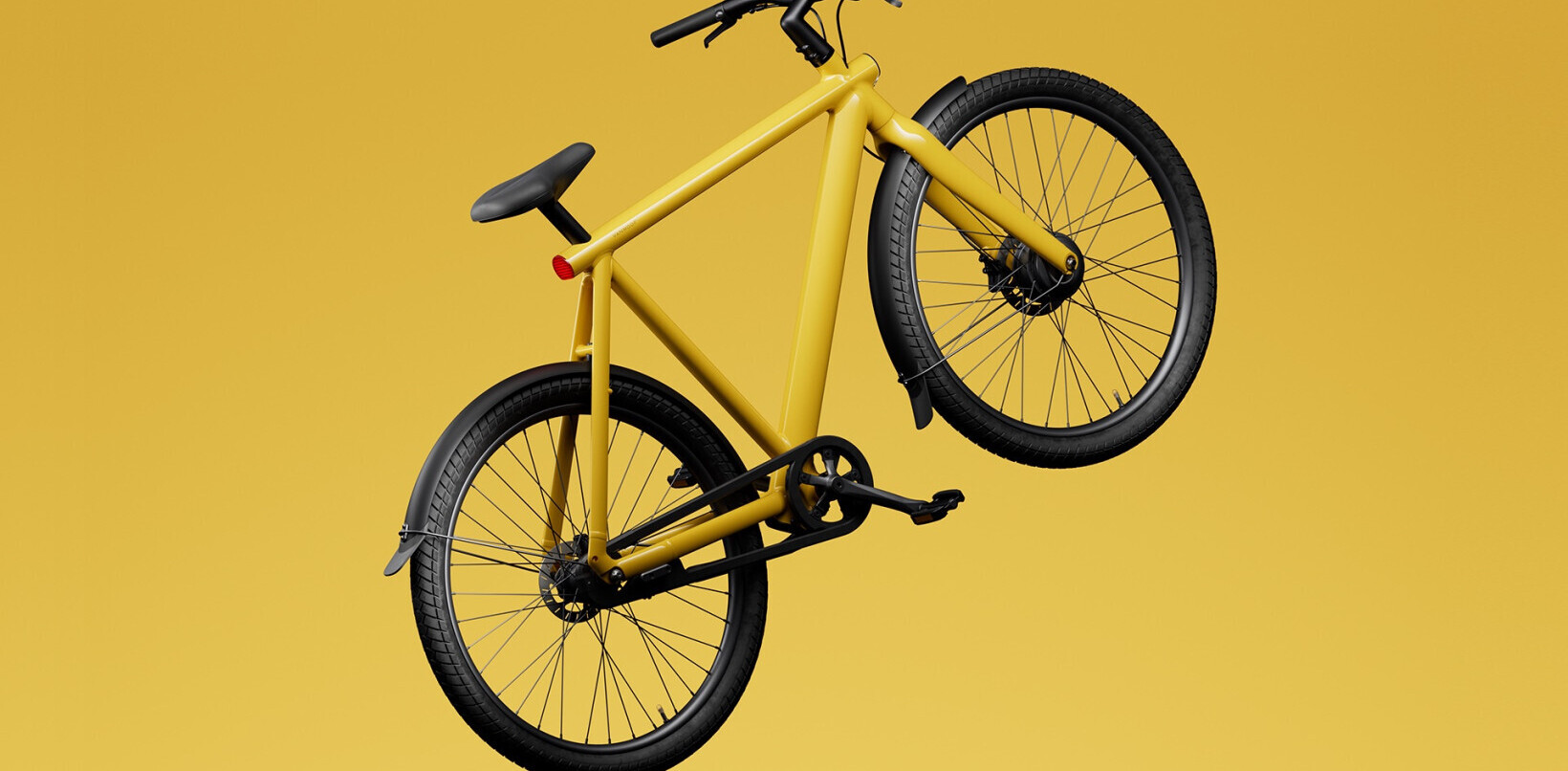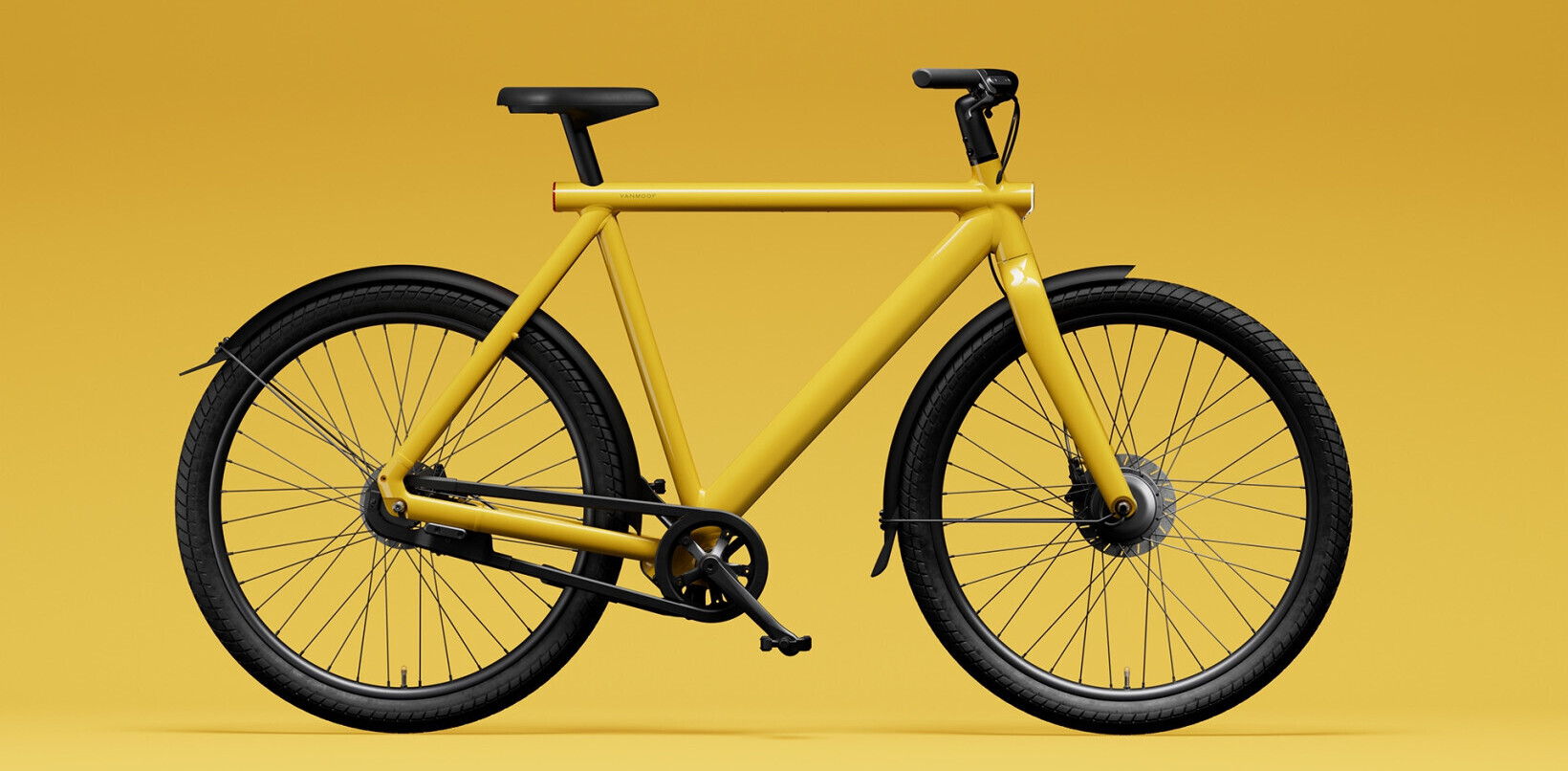
New ebike companies enter the crowded market seemingly every other week. They tend to fall into one of two categories: copycats sourcing generic designs, or companies promising a myriad of gimmicky features that do little to add to the actual ride experience. Many seem more interesting in cashing in on the trend than actually building bikes meant to last, crowdfunding bikes with little support afterward.
Vvolt’s launch this year was a refreshing change of pace. While it goes without saying that you should take longevity promises from any new company with some caution, the company differentiated itself by the simple fact that it didn’t launch via crowdfunding — and that each of its four launch models comes with a three-year warranty. It also sources some components from Acer — yes, that Acer — but Vvolt is focused first and foremost on providing a good cycling experience rather than flashy technology.
To that point, I got to spend several weeks with the Vvolt Sirius, the company’s top-end mid-drive ebike, and came away with positive impressions. At $2,799 it’s not exactly cheap, but it does feel like you’re getting your money’s worth. It bodes well for the Vvolts more affordable models.

First, some basic specs:
- MPF 250W mid-drive motor with 80 Nm of torque (500W peak power)
- 20mph speed limit (optional upgrade to 28mph)
- Nearly maintenance-free Gates carbon belt drive
- Enviolo TR stepless internal gear hub with 380% gear raneg
- 375 Wh Celxpert battery with LG cells
- Acer-designed minimalist display unit with Bluetooth
- Claimed 60-mile top range
- 54-56 lbs weight, depending on the size (S/M and L/XL)
- Torque-sensing pedal assist with 4 levels of assistance
- Radius hydraulic disk brakes with 160mm rotors
- Puncture-resistant 650B Kenda tires
- Included (but not integrated) front and rear lights that can be charged via the display’s USB port.

The white model I tested has an eye-catching design that doesn’t immediately scream “e-bike!” While it isn’t quite what I’d call a ‘stealth’ ebike, given the conspicuous motor, the removable battery is neatly integrated into the downtube and the bike doesn’t call too much attention to itself besides looking pretty sweet on its own merits.
I tested the large model and found it to be comfortable for my 6′ frame, and while it’s not quite a ‘cruiser’ bike, it was upright enough to provide me a comfortable riding position with a nice view of city traffic. It’s easy to ride for hours on end, aided by thick tires and cushy suspension that glided over rough Brooklyn streets. You could always add a suspension seat post (I recommend the Redshift Shockstop) for more comfort, but I suspect most won’t find it necessary.
I appreciate the choice of tire here. 650B adds ample air cushion while remaining more nimble and light than the myriad of fat-tire ebikes in the US market. 55 lbs isn’t featherweight, but you’ll often see fat-tire ebikes cross into the 60 and 70 lb realm. The tread pattern also makes them efficient for city streets while still being able to manage gravel paths and some light offroading.

The Sirius uses a mid-drive motor by Taiwanese company MPF. This 250W (500W peak) motor offers up to 80 Nm of torque, which was more than enough to help me the steepest hills I could find in Brooklyn. More importantly, it’s as smooth as any motor I’ve used from big names like Bosch or Shimano. As a torque-sensing design, it responds fluidly to how hard you are pedaling, not just if you are pedaling. There was no hint or jerkiness during my ride, and it feels just as smooth as bikes I’ve tested that are much more expensive.

The Enviolo hub further adds to the impression of smoothness. While it might take some getting used to not having distinct gear steps, it’s really nice to always be able to find the perfect gear. You can also shift both from a stop and on the move, making it super convenient. The only caveat is the hub’s weight and slightly lower efficiency than a derailleur, but on an ebike, those things barely matter. Paired with the Gates CDX carbon belt drive, this ebike’s drivetrain should require little-to-no maintenance for years.
At first, I thought I’d be annoyed by the fact that the lights are not hardwired into the ebike, but I actually don’t mind it much. The headlight plugs conveniently into the ebike’s display unit via a short USB cable, so if you leave it plugged in all the time, it’s not much different than an integrated light. Besides, the light is brighter and has a better beam pattern than most bikes. You’ll just have to remember to charge the taillight too.

I also need to give a shout-out to the bike’s unboxing experience. Although the box was badly damaged by the courier, the bike arrived in good shape, and assembly is far simpler than most ebike’s I’ve tested — basically just requiring you to put on the front wheel. I wish more companies would pay attention to packaging like this; assembling an ebike can be overwhelming if it’s your first time.

My only real qualm with the bike is that the battery is a little small for the price and weight. You normally see ~500 Wh battery in this category, and though the mid-drive motor is more efficient than a typical hub, you won’t get the marathon range you might get out of some other ebikes if you remain in the top assist levels. As a heavier rider, I could squeeze a bit over 20 miles on the highest assist level, but 60 miles does seem realistic at the lower power settings for many riders in fairly flat terrain. For most people, riding in assist levels 2 and 3, 30-40 miles seems realistic.
There’s a whole lot to like here. While $2,700 is no small change, the Sirius feels like it justifies its price. It’s a polished, no-nonsense ebike with some of the smoothest pedal-assist I’ve tested in a remarkably comfortable design. With a 3-year warranty backing it up, the Vvolt Sirius is well worth your consideration.
Get the TNW newsletter
Get the most important tech news in your inbox each week.




